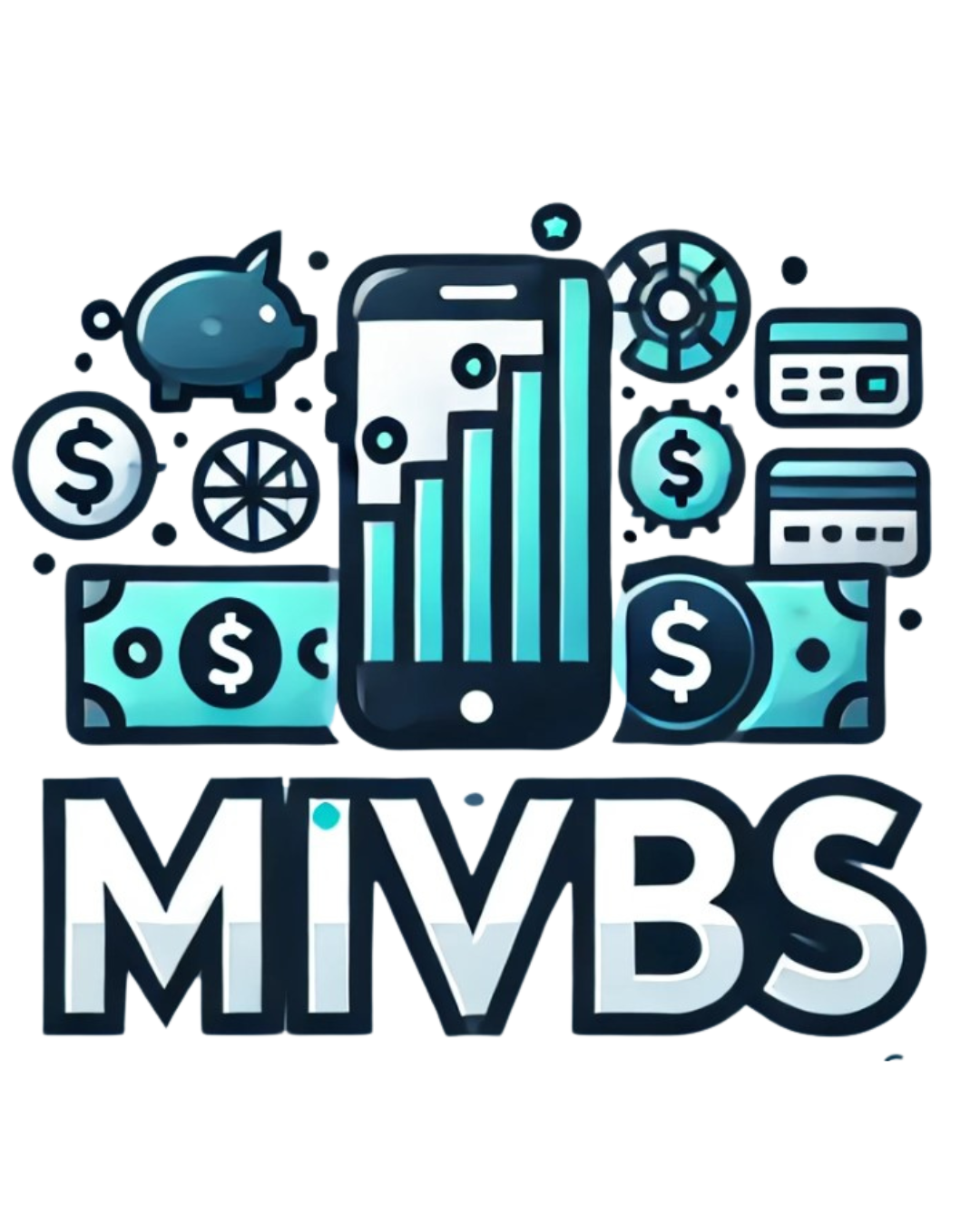Tax season can feel like a whirlwind, but it doesn’t have to be overwhelming. With the right approach and planning, you can make tax time a lot easier—and even save yourself some money! Whether you’re filing for the first time or you’re a seasoned pro, these tax planning and filing tips will help ensure you get the best results.
1. Start early with tax planning: Don’t wait until the last minute
We all know the drill—procrastination often leads to stress and rushed decisions. According to the IRS, year-round tax planning is crucial for staying on top of things. The earlier you start, the more opportunities you’ll have to optimize your tax situation. It’s not just about filing on time; it’s about managing your income, deductions, and credits so that you get the most out of your return.
- Organize Your Financial Records: Keep track of your expenses, receipts, and any income sources throughout the year. Tools like US Bank’s tax tips suggest using apps or software to make the process easier.
- Plan Your Deductions: Know which deductions you might be eligible for, like mortgage interest, medical expenses, or charitable donations. The IRS has an array of resources to guide you on what qualifies.
2. Understand your tax bracket: Make sure you know where you stand
Tax planning is all about knowing your tax bracket and understanding how it impacts your overall tax bill. The Raisin team explains that your tax rate depends on how much you earn, and understanding this can help you strategize around tax-saving opportunities.
If you’re in a higher tax bracket, you might want to consider contributing to tax-deferred accounts like 401(k)s or IRAs. By lowering your taxable income, you could end up paying less in taxes. The IRS website also suggests that taxpayers who anticipate a higher income in the future may benefit from making these contributions sooner rather than later.
3. Take advantage of tax-advantaged accounts
When it comes to saving on taxes, tax-advantaged accounts are a game changer. These accounts let you save money while reducing your taxable income. Here’s what you should know:
- 401(k) and IRAs: As mentioned by US Bank, contributing to retirement accounts not only helps your future self but also gives you current-year tax savings.
- Health Savings Accounts (HSAs): If you have a high-deductible health plan, consider contributing to an HSA. Contributions are tax-deductible, and any withdrawals used for medical expenses are tax-free. Raisin highlights that HSAs are a great way to save for health costs in a tax-efficient manner.
4. Maximize your deductions and credits
One of the easiest ways to reduce your tax bill is by utilizing deductions and credits. Here’s a breakdown of what you should keep in mind:
- Deductions vs. Credits: IRS.gov explains that tax deductions reduce your taxable income, while tax credits reduce the amount of tax you owe directly. For example, the Child Tax Credit or Earned Income Tax Credit (EITC) can provide direct savings on your return.
- Itemized vs. Standard Deductions: The IRS allows you to choose between standard deductions and itemizing deductions. For many, the standard deduction is simpler, but if you’ve had significant medical expenses, charitable donations, or mortgage interest payments, itemizing might save you more. H&R Block suggests reviewing both options to see which gives you a better outcome.
5. Be smart about last-minute tax filing: Don’t miss these tips
If you’re coming up on the tax deadline and haven’t filed yet, don’t worry—there are still steps you can take to avoid penalties and maximize your return. Here are a few tips for handling the last-minute rush:
- File for an Extension: If you’re unable to file by the due date, you can request an extension through the IRS. H&R Block stresses that this gives you more time to gather documents and avoid rushing through the process.
- Avoid Common Mistakes: Double-check for common mistakes like incorrect Social Security numbers or missing signatures. IRS.gov suggests that even simple errors can delay your refund or cause complications down the road.
- Consider Electronic Filing: Filing electronically through the IRS e-file system is faster and more secure. It also reduces the chances of making errors and speeds up the processing of your refund, if applicable.
Conclusion: Stay ahead of the game with year-round tax planning
Tax planning isn’t just something you should think about in April. By starting early and staying informed, you’ll not only avoid last-minute stress but also give yourself more opportunities to save. Whether it’s understanding your tax bracket, maximizing deductions and credits, or utilizing retirement and health savings accounts, these small steps can make a big difference.
So, keep track of your expenses, plan ahead, and make use of all available resources. It’s about making tax time work for you—not the other way around.
By following these tax planning tips, you’ll be setting yourself up for a much easier filing season. For more detailed advice on tax planning throughout the year, be sure to check out resources like IRS.gov, Raisin, and H&R Block for additional information and guidance.
